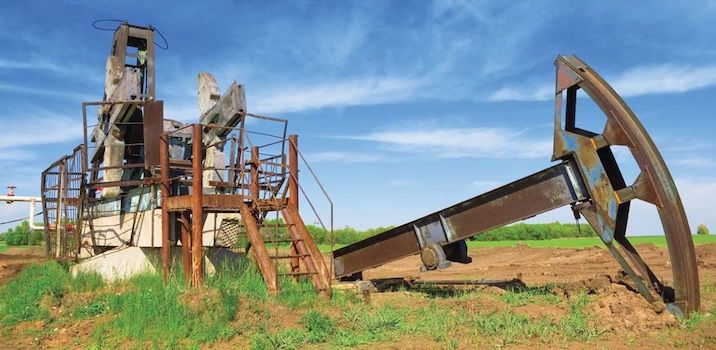Conservatives Seek Reforms for “Orphan Wells” on Public Lands
Published 3:58 pm Friday, November 26, 2021

- The Texas counties of Pecos, Nacagdoches and Hutchinson have the highest numbers of "orphan wells," according to data compiled by Native State Environmental. (nativestateenvironmental.org)
|
Getting your Trinity Audio player ready...
|
By Roz Brown
Texas News Service
AUSTIN, Texas — The Build Back Better Act making its way through Congress includes reforms for oil and gas production on public lands first introduced by the Reagan administration.
Dave Jenkins, president of the group Conservatives for Responsible Stewardship, said the measure includes common-sense solutions for so-called orphan wells, sites where companies have walked away from their obligation to clean up after production.
“They are shifting that cost to you and me,” Jenkins contended. “They’re making the profit, and we’re getting the bill. It’s not a bunch of bureaucratic red tape; it’s a simple fix. All we have to do is require bonding amounts that reflect the actual cost of cleanup and reclamation. ”
There are more than 740,000 orphan wells across the U.S., according to the Interstate Oil and Gas Compact Commission, including some 7,000 in Texas.
Jenkins explained after wells are tapped out, many producers declare bankruptcy, which shifts the cleanup cost to taxpayers. Those same companies often adopt a different name and get back to work at new sites.
Build Back Better would increase the royalty rates companies pay for extracting resources owned by all Americans. Industry groups have long claimed higher fees would blunt production, but Jenkins disagrees.
“Texas, for example, charges double the royalty rate that the federal government does for drilling on state lands in Texas,” Jenkins pointed out. “That hasn’t dampened demand for drilling on state lands in Texas at all.”
Jenkins’ group is also calling on the Biden administration to direct the Bureau of Land Management to stop treating public lands as though oil and gas extraction was their primary purpose.
“So, they’re not managed for outdoor recreation, or hunting or fishing, or water supply or grazing. They are being managed for oil and gas,” Jenkins asserted. “That’s an enormous lost opportunity. We should be looking to use our public lands for their highest and greatest use.”





